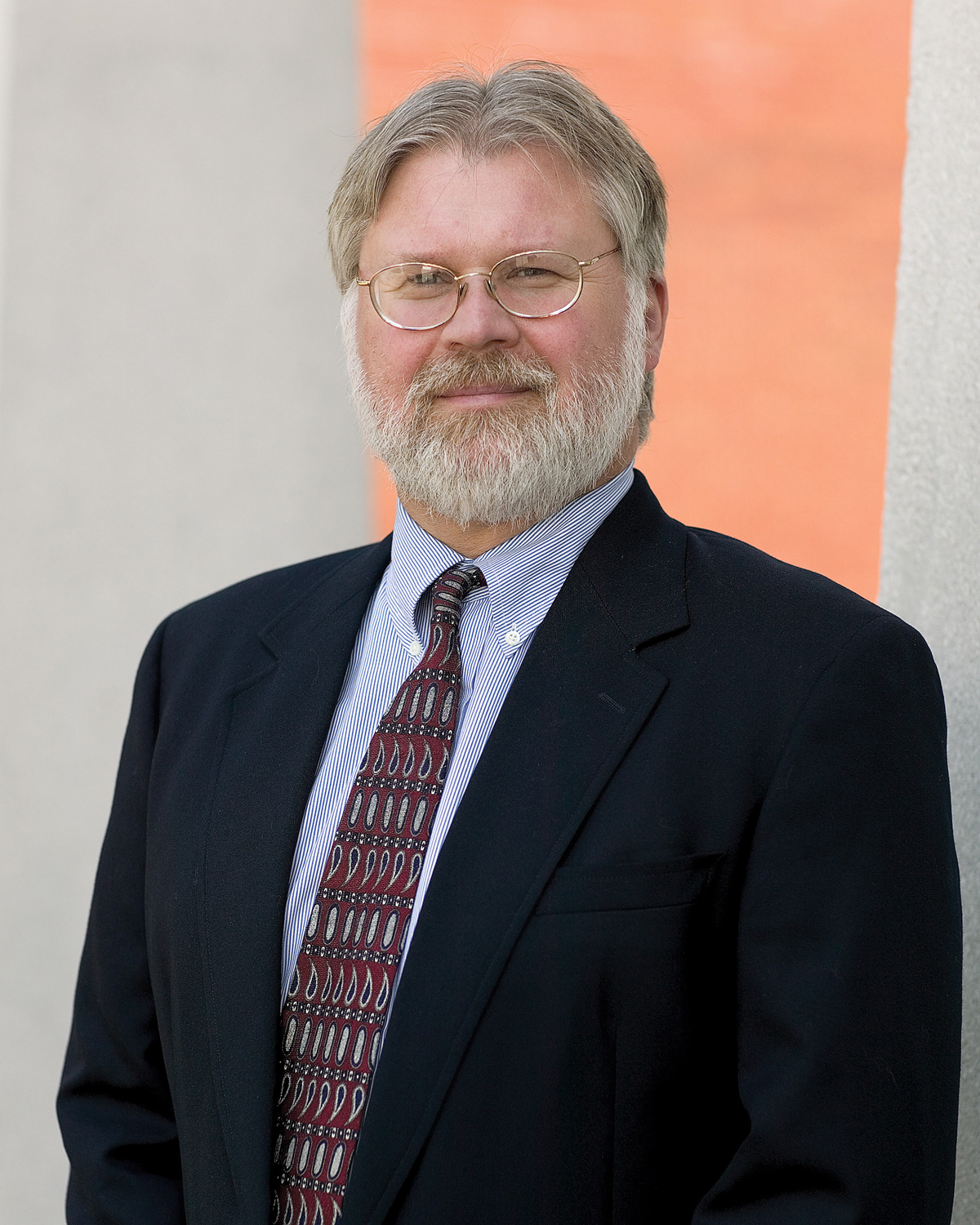Is there a permanent underclass in America whose members face a society so rigged against them that neither they nor their descendants have much hope of advancing? Has government assistance created a dependency that has blunted the incentives for the lower classes, preventing them from pulling themselves up by their own bootstraps? Has government policy regarding housing, crime and immigration itself created persistent inequality and an “underclass”?
Such questions will be the focus of a Feb. 22 speech by Princeton University sociologist Douglas S. Massey, described by the event organizers as “a heavy hitter” in the world of sociology, who will address “The Underclass Debate: 30 Years Later” at the University of Virginia.
Massey’s talk will begin at 10 a.m. in the Great Room of U.Va.’s Garret Hall. The title of his talk refers to the popularization of the term “underclass” among journalists and others after a controversial series of articles by Ken Auletta appeared three decades ago in The New Yorker.
Massey “has written seminal works in three different areas,” said David Leblang, J. Wilson Newman Professor of Governance and chair of the Woodrow Wilson Department of Politics in the College of Arts & Sciences, listing them as the problems and prospects of the underclass, the experience of immigrants and the integration of immigrants into U.S. society.
Speaking a day after President Obama’s State of the Union address and Florida Gov. Marco Rubio’s Republican response, Leblang said, Massey’s work “speaks directly to the kind of concerns that were addressed last night.”
Lynn Sanders, associate professor of politics and a member of U.Va.’s Working Group on Racial Inequality, which is organizing Massey’s appearance, said the talk should have interest for “people who are serious about immigration reform and equality.”
“It’s really a debate about what government does to create the categories of haves and have-nots in our society,” she said.
Massey is the Henry G. Bryant Professor of Sociology and Public Affairs at Princeton’s Woodrow Wilson School of Public and International Affairs. Formerly, he was the Dorothy Swaine Thomas Professor and chair of the Sociology Department at the University of Pennsylvania.
Massey received a Guggenheim Fellowship in 1990 to write an award-winning book, “American Apartheid: Segregation and the Making of the Underclass,” which furthered his longstanding interest in processes of economic stratification in the United States, particularly as they affect minority groups.
Since publishing “American Apartheid,” he wrote “Categorically Unequal: The American Stratification System,” which offers a comprehensive account of how inequality is produced in the U.S. along the lines of race, class and gender. He also co-wrote two books exploring the roots of academic underachievement among minority group members at selective U.S. colleges and institutions: “Source of the River: The Social Origins of Freshmen at America’s Selective Colleges and Universities” and “Taming the River: Negotiating the Academic, Financial, and Social Currents in America’s Selective Colleges and Universities.”
Massey served on the faculty of the University of Chicago, where he directed its Latin American Studies Center and Population Research Center. He was director of the University of Pennsylvania’s Population Studies Center and chaired its Graduate Group in Demography.
During 1979 and 1980, he undertook postdoctoral research at the University of California at Berkeley and Princeton University, where he received his Ph.D. in 1978. Massey is a member of the National Academy of Sciences, the American Academy of Arts and Sciences and the American Philosophical Society. He is past president of the Population Association of America and the American Sociological Association and current president of the American Academy of Political and Social Science.
His most recent book on immigration (co-written with Magaly Sanchez) is “Brokered Boundaries: Creating Immigrant Identity in Anti-Immigrant Times,” which draws on in-depth interviews with 159 Latin American immigrants to understand how they manage and construct identities within the U.S. in the context of an ongoing anti-immigrant backlash.
His most recent contribution to work on racial stratification is a special issue of the American Academy of Political and Social Science, “The Moynihan Report Revisited: Lessons and Reflections after Four Decades,” co-edited with Robert J. Sampson.
U.Va.’s Working Group on Racial Inequality is an interdisciplinary gathering of scholars interested in the empirical study of socioeconomic structures. It received additional funding from the Page-Barbour and Richard Lecture Series.
Media Contact
Article Information
February 15, 2013
/content/princeton-sociologist-address-american-underclass-uva-feb-22

